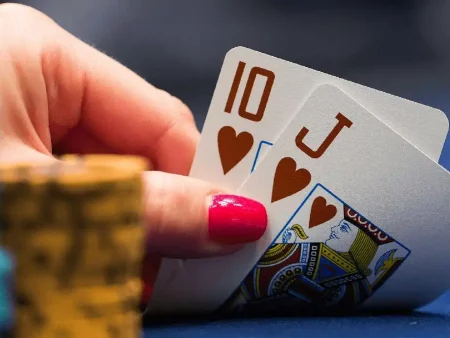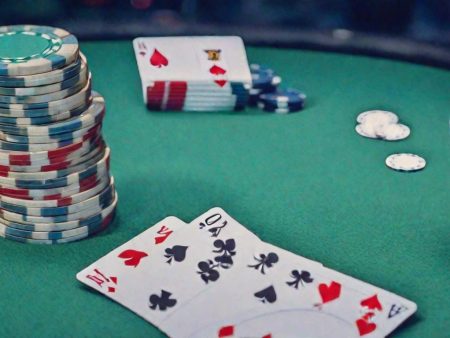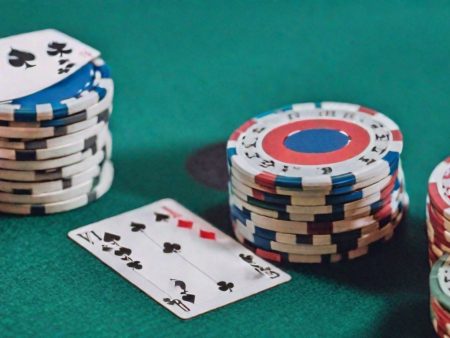In poker, notes are observations or remarks that players record about their opponents. These entries often include insights into playing styles, preferred hands, strategic tendencies, reactions to specific situations, and other essential details. Taking notes is an invaluable practice that allows players to analyze and adjust to their opponents’ behavior. By documenting observations, you can gain a deeper understanding of their strategies and make more calculated decisions during gameplay.
How to Effectively Use Poker Notes
Using notes strategically can significantly enhance your performance. Here are some recommendations for maximizing their potential:
- Establish a Structure
Create a system for organizing your notes. Common categories include preflop actions, postflop behavior, betting patterns, and bluffing tendencies. Add personal categories relevant to your playing style for better clarity. - Focus on Key Details
Document critical information about your opponents, such as their playing style (e.g., aggressive, passive, tight, loose), notable hands, reactions in specific situations, and any unique habits or behaviors. - Be Specific
Avoid vague descriptions. Instead of noting “aggressive player,” write “frequently 3-bets preflop with marginal hands.” This specificity will make your notes more actionable. - Keep Notes Updated
Opponents often adjust their strategies, so it’s essential to revise your observations regularly to maintain accuracy. - Analyze Patterns
Use notes to identify consistent behaviors. For example, if an opponent tends to raise with a narrow hand range, leverage this insight during play. - Use Symbols and Abbreviations
Develop a shorthand system for quick reference. For instance, “+” could denote an aggressive player, while “-” represents a passive one. - Maintain Confidentiality
Treat your notes as personal tools for analysis. Sharing them with others can compromise their value.
Tools for Creating Poker Notes
Various apps and software solutions simplify note-taking and organization, enhancing the effectiveness of this practice. Key features of these tools include:
- Integration with Poker Trackers
Software like Hold’em Manager, PokerTracker, and Hand2Note allows for automated note creation and hand history storage in a centralized database. - Custom Symbols and Labels
Assign specific markers to opponents, such as a “chip” symbol for weak players or a “flame” for highly aggressive ones. - Data Import and Synchronization
Import notes from external sources, such as text files or other databases. Cloud syncing ensures access to your notes across multiple devices. - Search and Filter Capabilities
Quickly locate records for specific players or situations, which is especially useful for post-session analysis.
These tools empower players to document and interpret valuable insights about their opponents, including playing tendencies, activity across different stages of the game, and key betting behaviors.
Read also: Hand ranges in poker on preflop and postflop.
Best Practices for Writing Poker Notes
To maximize the value of your notes, follow these guidelines:
- Be Detailed
Record specific observations. Precise details will make your notes more actionable in the future. - Highlight Key Hands
Document memorable hands where an opponent displayed aggressive or unusual behavior. Include details like card combinations, positions, bets, and actions. - Incorporate Symbols
Use symbols to quickly summarize playing styles. For example, a triangle could represent a tight player, while a circle signifies a loose one. - Consider Positional Behavior
Note how opponents adapt their strategies based on their position at the table. - Summarize Player Profiles
Write brief overviews of each opponent, covering their general style, tendencies, and any standout characteristics. - Stay Current
Regularly update your notes as opponents evolve their strategies. Outdated information can lead to poor decisions. - Be Objective
Stick to factual observations, avoiding subjective or emotional judgments.
Read also: Flop in poker: types, playing different situations with examples.
Final Thoughts
Experienced poker players emphasize the importance of reviewing and refining notes regularly. By focusing on key insights rather than overwhelming yourself with excessive details, you can develop a sharper understanding of your opponents. Keep in mind that the use of notes may be subject to specific poker platform rules. Always review and adhere to these regulations. Discover more about the gambling industry in our blog! Not sure how to choose a slot or understand RTP? Read the slot and casino guide and get all the insights you need!
FAQ: How to use notes in poker
What are notes in poker, and why are they important?
Notes in poker are written observations about your opponents' playing styles, habits, and tendencies. They are valuable because they help you identify patterns in their behavior, which can give you a strategic edge in future hands or games.
What kind of information should I include in poker notes?
You should focus on meaningful patterns, such as how an opponent plays certain hands, their aggression level, and any tendencies to bluff or fold in specific situations. Avoid vague notes and prioritize details that could influence your decisions in future games.
How can taking notes improve my poker strategy?
Notes allow you to recall critical insights about opponents that might otherwise be forgotten. This information helps you make more informed decisions, adjust your strategy, and exploit opponents’ weaknesses during the game.
What is the best way to organize notes in poker?
Keep your notes clear and concise. Use abbreviations or symbols for efficiency, but ensure they are understandable to you. Group observations by categories, such as pre-flop behavior, post-flop tendencies, and specific hands where patterns were evident.
Is it ethical to take notes during online poker games?
Yes, taking notes is a standard and accepted practice in online poker. Most platforms even provide built-in tools for this purpose. However, notes should be based on your personal observations and not on external tools that violate platform rules.
Is it ethical to take notes during online poker games?
Common errors include overvaluing marginal hands, failing to consider an opponent’s likely holdings, and making overly aggressive bluffs in unfavorable situations. Learning from these mistakes can significantly improve long-term success at the table.
How do professional players use notes in online poker?
Professional players rely on notes to track opponent tendencies over time. They combine these observations with data from tools like heads-up displays (HUDs) to refine their strategies and make data-driven decisions.






